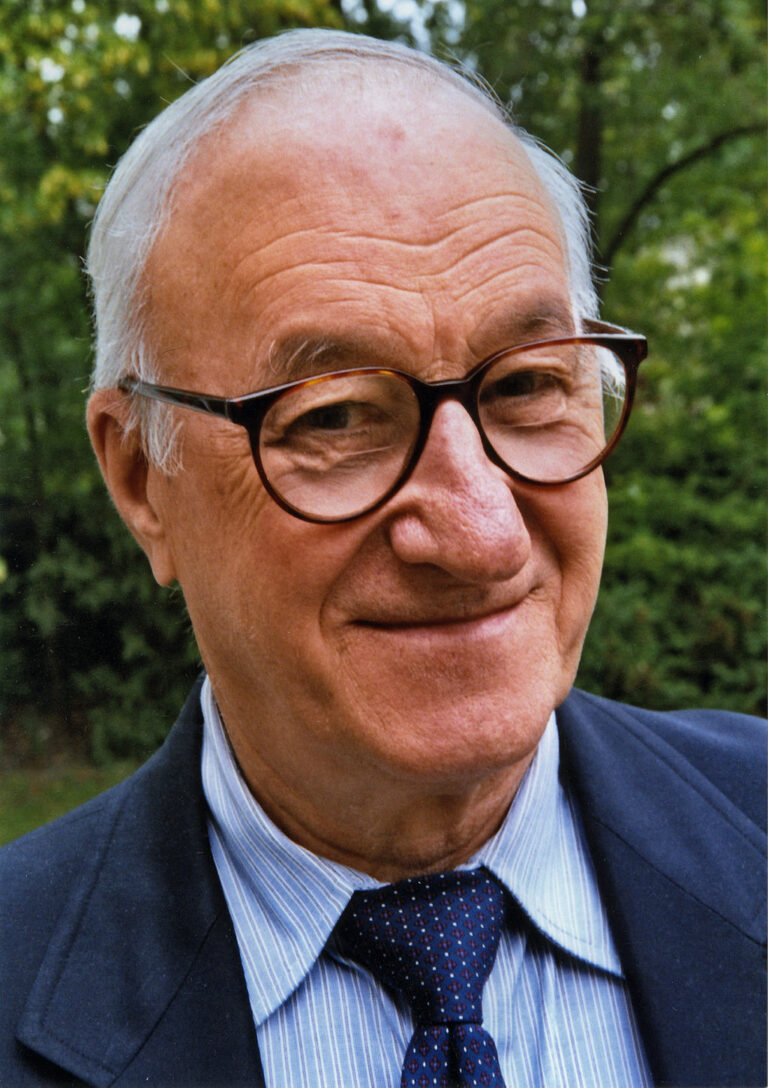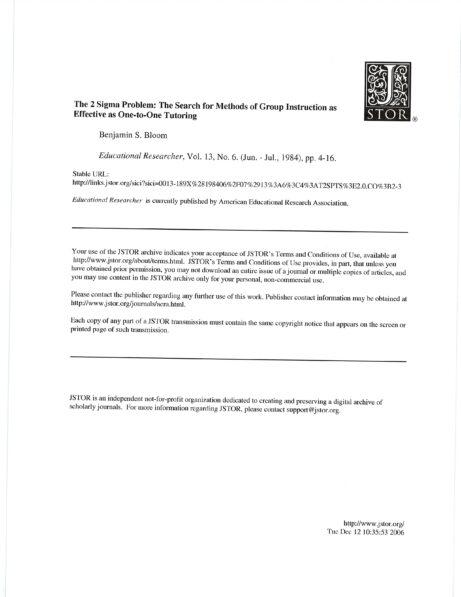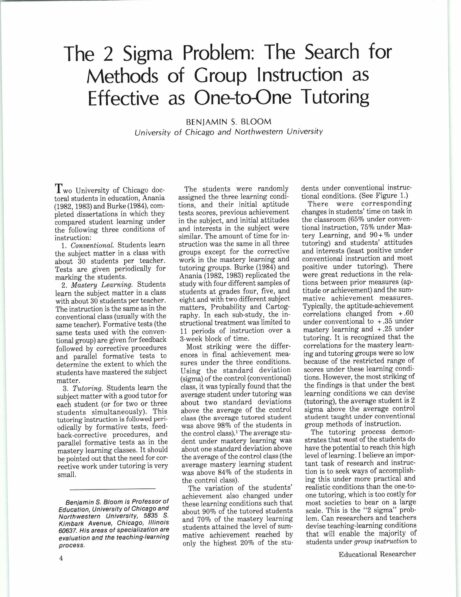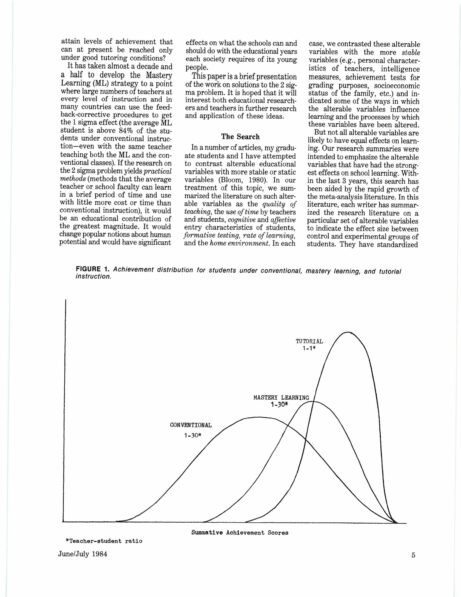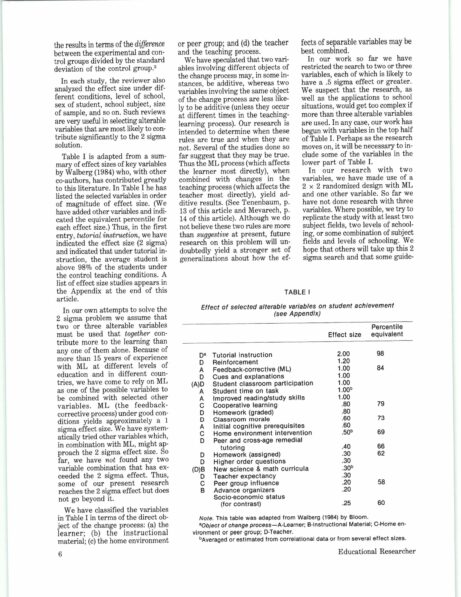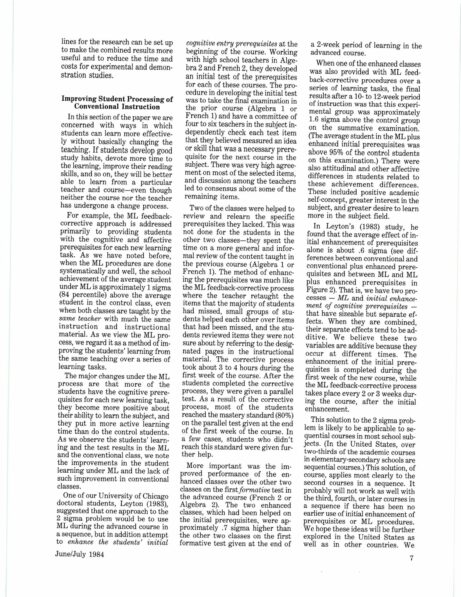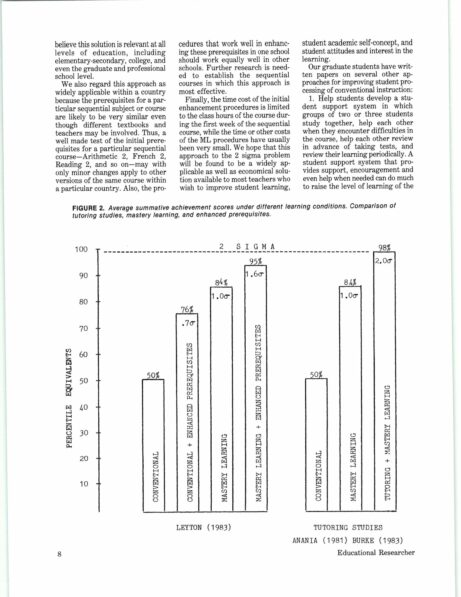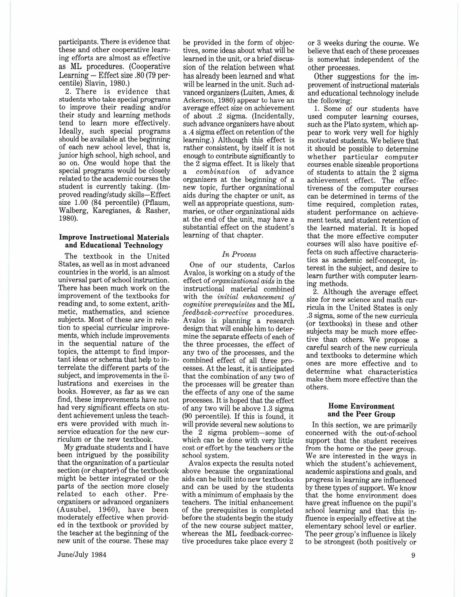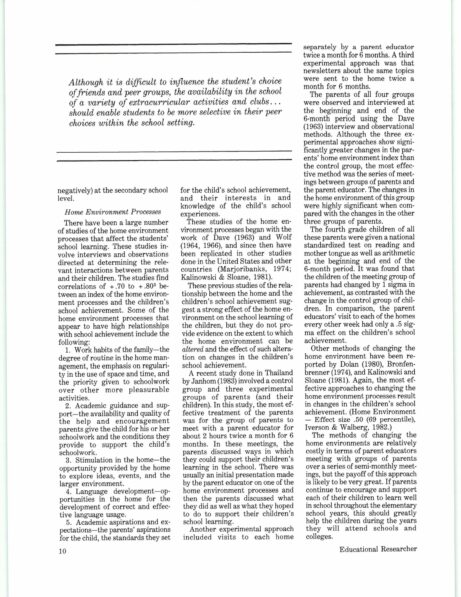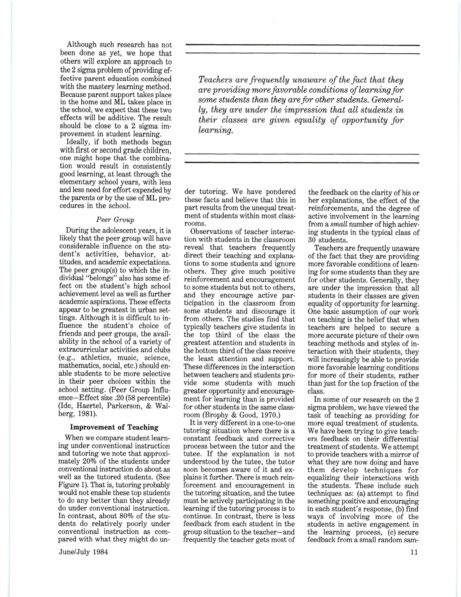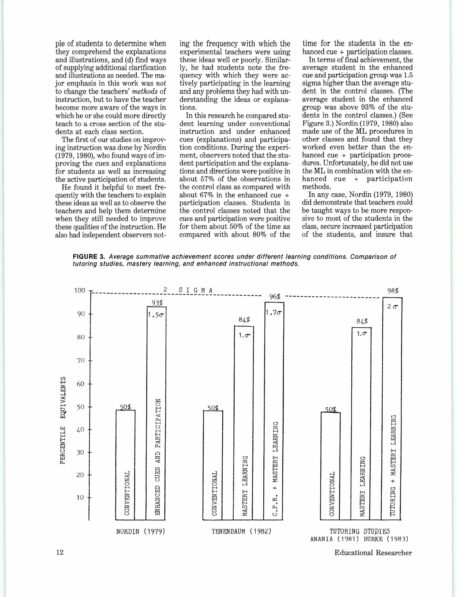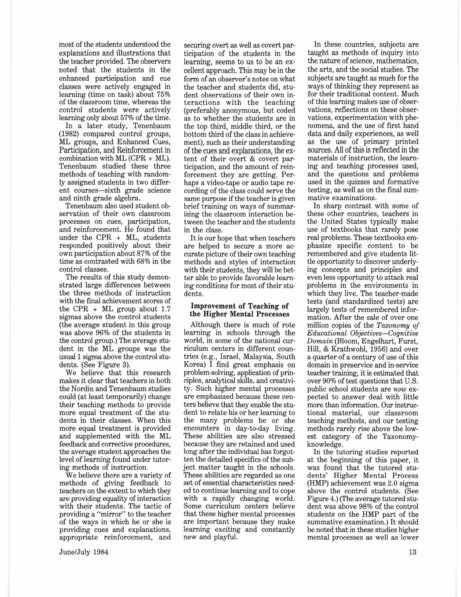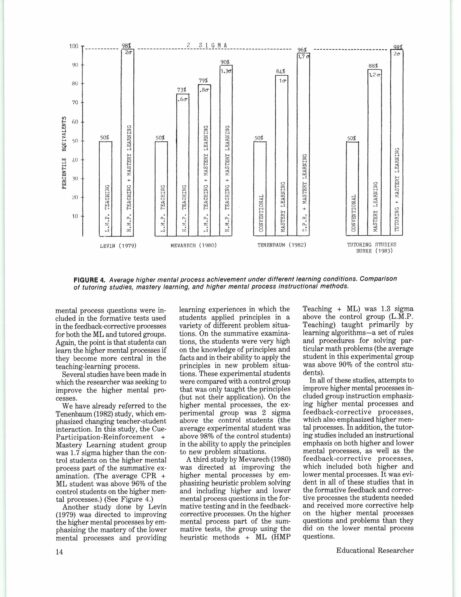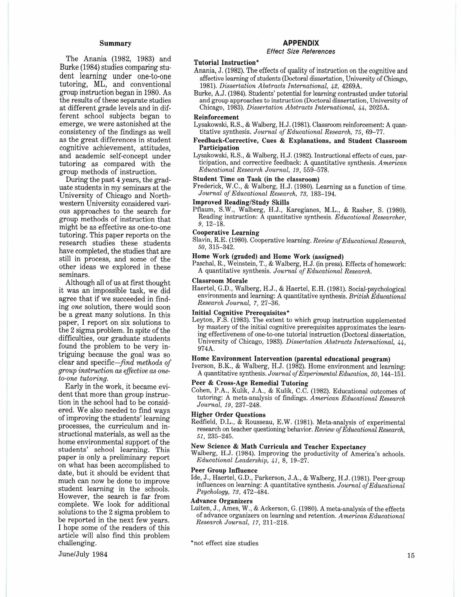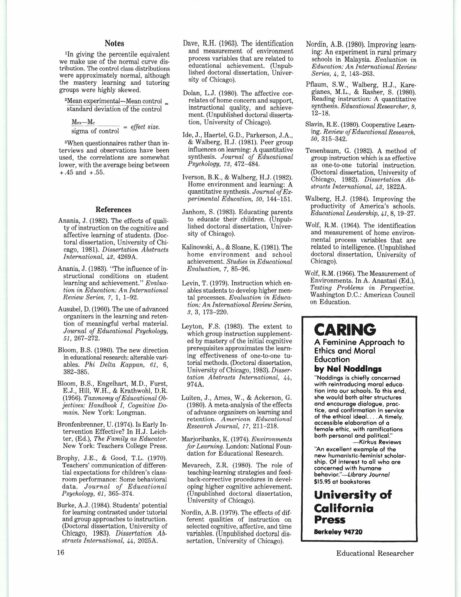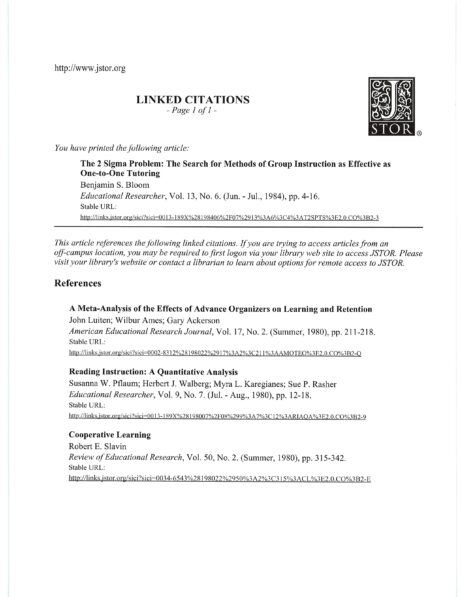LADISLAV RYDZYK
Founder of ABAP Academy
"When I hired a psychologist, I gave him the following task:
To create a methodology that helps busy adults, having no IT background, who never coded before to learn a totally new skill such as ABAP programming in as efficient way as possible.
The result is:..."
Effective Knowledge Transfer by Our
Scientifically Proven Methodology
CSE Cycle System
"The only reason why we were able to shrink amount of study time to 3-Months & establishing high quality knowledge transfer, is thanks to adopting to our IT Training Programs "2 Sigma Problem" findings of a scientist Benjamin S.Bloom from the University of Chicago and concepts of Self-Efficacy by Albert Bandura"
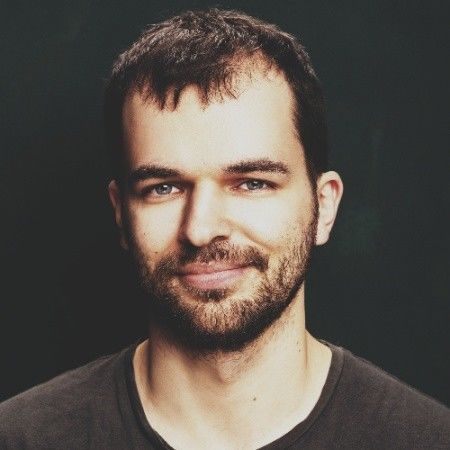
TOMAS SENKO
Former Scientist & CSE Cycle Methodology Lead in ABAP Academy (Knowledge Transfer Scientific Researcher)
Key Components of the CSE Cycle System
LEARN BY CODING
SPECIFICALLY DESIGNED PROJECTS
REFERENCE-DRIVEN DEVELOPMENT
THEORY IN PRACTICE
MENTORING CALLS
MOVE ON ONLY WHEN DONE
CONTROLLED FAILURE
80/20 APPROACH
Other Critical Components of the CSE Cycle
Hard Skills Keeper
Soft-Skills Builder
Self Efficacy Booster
Ready to Experience & Learn More About
CSE Cycle by Yourself?
Two Psychologists That
Influenced CSE Cycle the Most
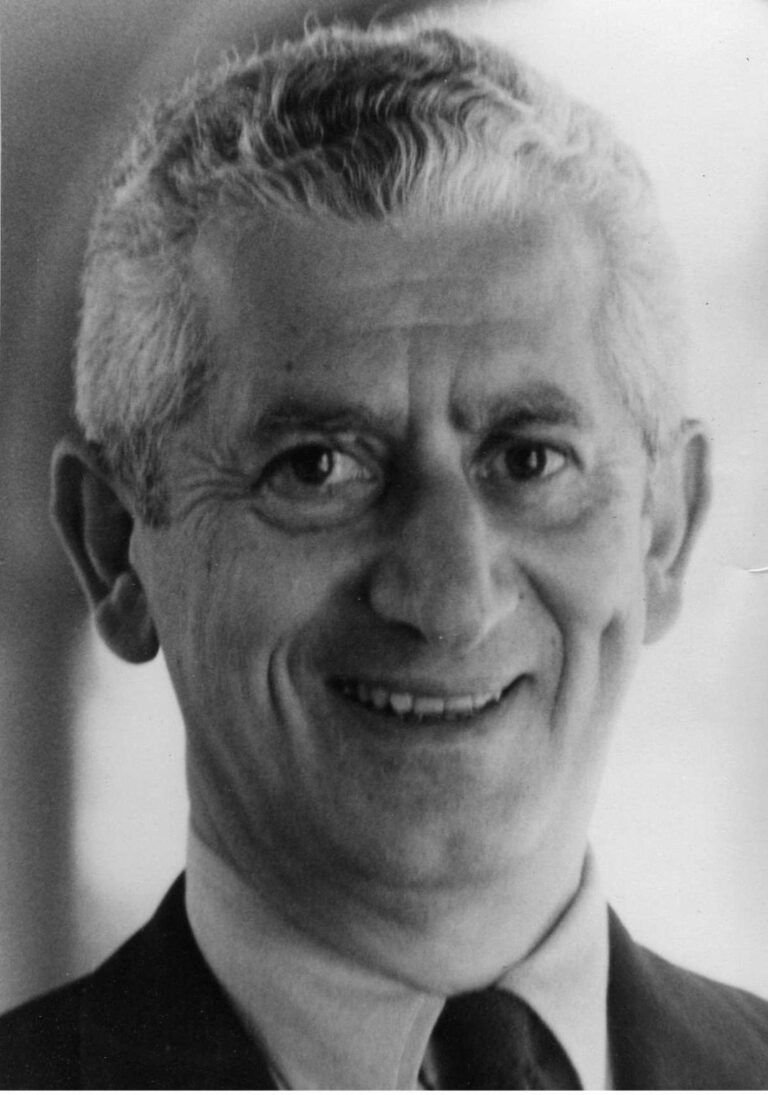
Benjamin S.Bloom
(February 21, 1913 – September 13, 1999)
Bloom was an American educational psychologist who made contributions to the classification of educational objectives and to the theory of mastery learning. He is particularly noted for leading educational psychologists to develop the comprehensive system of describing and assessing educational outcomes in the mid-1950s. He has influenced the practices and philosophies of educators around the world from the latter part of the twentieth century.
Download his most famous research done in 1980's called "2 Sigma Problem" which is still used by many educational psychologists even in these days.
Albert Bandura
(December 4, 1925 – July 26, 2021)
Bandura was a Canadian-American psychologist who was the David Starr Jordan Professor in Psychology at Stanford University.
Bandura was responsible for contributions to the field of education and to several fields of psychology, including social cognitive theory, therapy, and personality psychology, and was also of influence in the transition between behaviorism and cognitive psychology. He is known as the originator of social learning theory (renamed the social cognitive theory) and the theoretical construct of self-efficacy, and is also responsible for the influential 1961 Bobo doll experiment. This Bobo doll experiment demonstrated the concept of observational learning.
A 2002 survey ranked Bandura as the fourth most-frequently cited psychologist of all time, behind B. F. Skinner, Sigmund Freud, and Jean Piaget. During his lifetime, Bandura was widely described as the greatest living psychologist, and as one of the most influential psychologists of all time.
